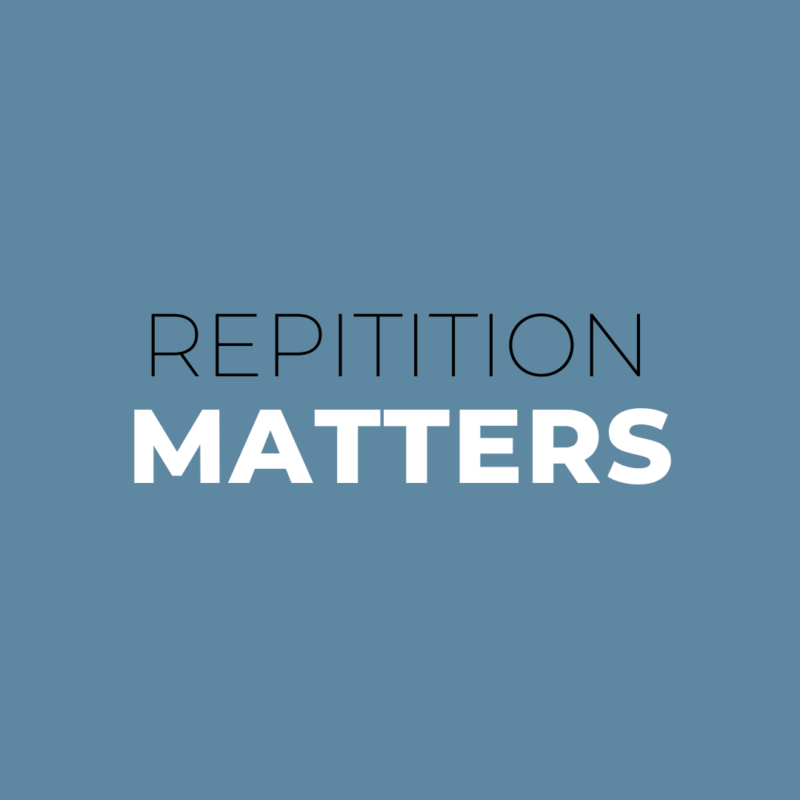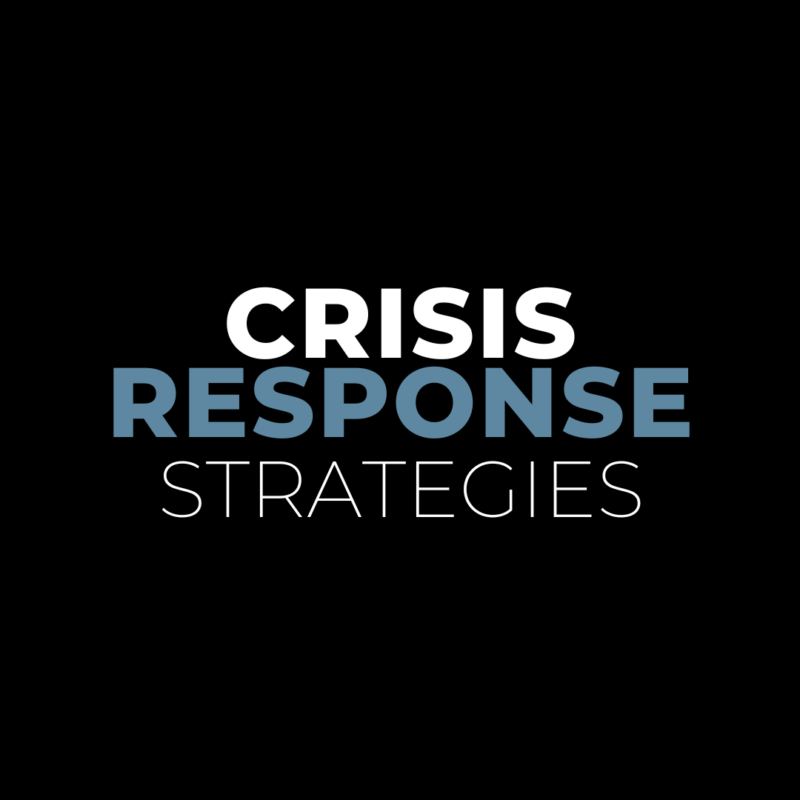A Brand-New Game: Why Companies Need to Set Some Boundaries with Digital Media Activities
Now, as in decades past, companies have hosted contests or encouraged feedback/testimonials from customers and fans using the communication tools of the day – first messages sent by mail and wire, followed by phone voting and now, voting through digital media platforms.
And there have been some fantastic digital media campaigns by brands in the last decade. It is obvious that many brands have taken the challenge over the last decade to fine-tune and present stellar ways in which to interact and engage with their targeted audiences.
However, there is still one area where brands are leaving themselves susceptible to having good campaigns become abused by the misgivings of, and I hate using the word but, trolls. And that is through open voting and suggested campaign discussions.
Just yesterday, a Boston radio station, KISS FM, had to cancel its online Taylor Swift’s Biggest Fan contest after a 39-year-old man won the contest by actively soliciting votes to “crush the dreams of these girls.” The radio station had to release a statement acknowledging the contest was compromised and apologized to their loyal listeners. But, was the contest really compromised or did the station and its marketing team not thoroughly prepare for the possibility that literally any person could receive the votes regardless of the motive? If the station had planned in advance, they could have established various ways to have some control on who could win the contest. They could have selected finalists themselves and then had those finalists voted on by their listeners even. Instead, they relinquished control by saying whoever has the most votes will win this contest without thinking someone would try to pull a stunt like this.
Three other quick examples just from the last year:
- Taco Bell had a campaign allowing people to nominate, vote and decide where they would like to see the company drop off a taco truck filled with their Doritos Locos Tacos. The Facebook campaign became hijacked when many people basically launched their own campaign to have Taco Bell (along with Pitbull) drop down in the remotest part of Alaska. The end result is probably not what the company had in mind when they started the campaign. Perhaps they were hoping for a bigger metropolis than Bethel, Alaska.
- Durex had a similar Facebook campaign allowing fans to vote where to test their new SOS contraception app for those unprepared amorous situations. The winner of this campaign was none other than the exotic European destination of Batman, Turkey, another remote outpost destination, besting London and Paris. The company had to cease the promotion of the campaign after it was evident that Batman was the winner.
- Even McDonald’s is guilty of a well-intended social media campaign that didn’t have the expected result with their infamous #McDStories hash tag campaign. The idea was to promote the Twitter campaign and have people share their positive experiences with McDonalds. Well, the exact opposite happened as trolls took it as an opportunity to badmouth the company and create negative connotations with the company. Within TWO HOURS of launching it, McDonald’s social media management had to pull the campaign because of the joke it had become.
What can be learned from all of this? Well, several things.
First, when brands are envisioning a campaign, digital or otherwise, there has to be a discussion about what the worst possible situations could be, leaving nothing on the table. And this must be creative, even if it enters into the realm of vulgarity, simply because attackers will go there if need be and your company has to be prepared for that. SIDE NOTE – it is now recommended when creating a new name, division, product, etc. to check Urban Dictionary to make sure your new name is not connected with vulgar slang. Trust me on this.
Secondly, especially in contests or polls where you are allowing for customer feedback to determine a result, accept that it is OK to have final say on the options that they are given. It is your brand; you do have that permission and responsibility. Perhaps in the Taco Bell and Durex examples, they could have selected 10 to15 destinations that were big markets already for them or targeted geographical locations where they wanted to boost business.
And finally, in the midst of a viral promotion, diligent monitoring is needed to ensure that a campaign is not sabotaged or hijacked. The fact that McDonald’s pulled their promoted hashtag campaign in less than two hours after launching it is very impressive. In that time, they recognized the situation, assessed the damage and fallout, determined various next steps and concluded that this was the time to pull it.
My question to you is this – would your brand have been ready to stop a campaign that quickly if it had gone awry?
Again, with the challenge of people wanting to be more and more creative on the Web and in this day of anything is a fair target to be the next meme, it is imperative that companies keep this in mind when they are developing their next digital campaign.


